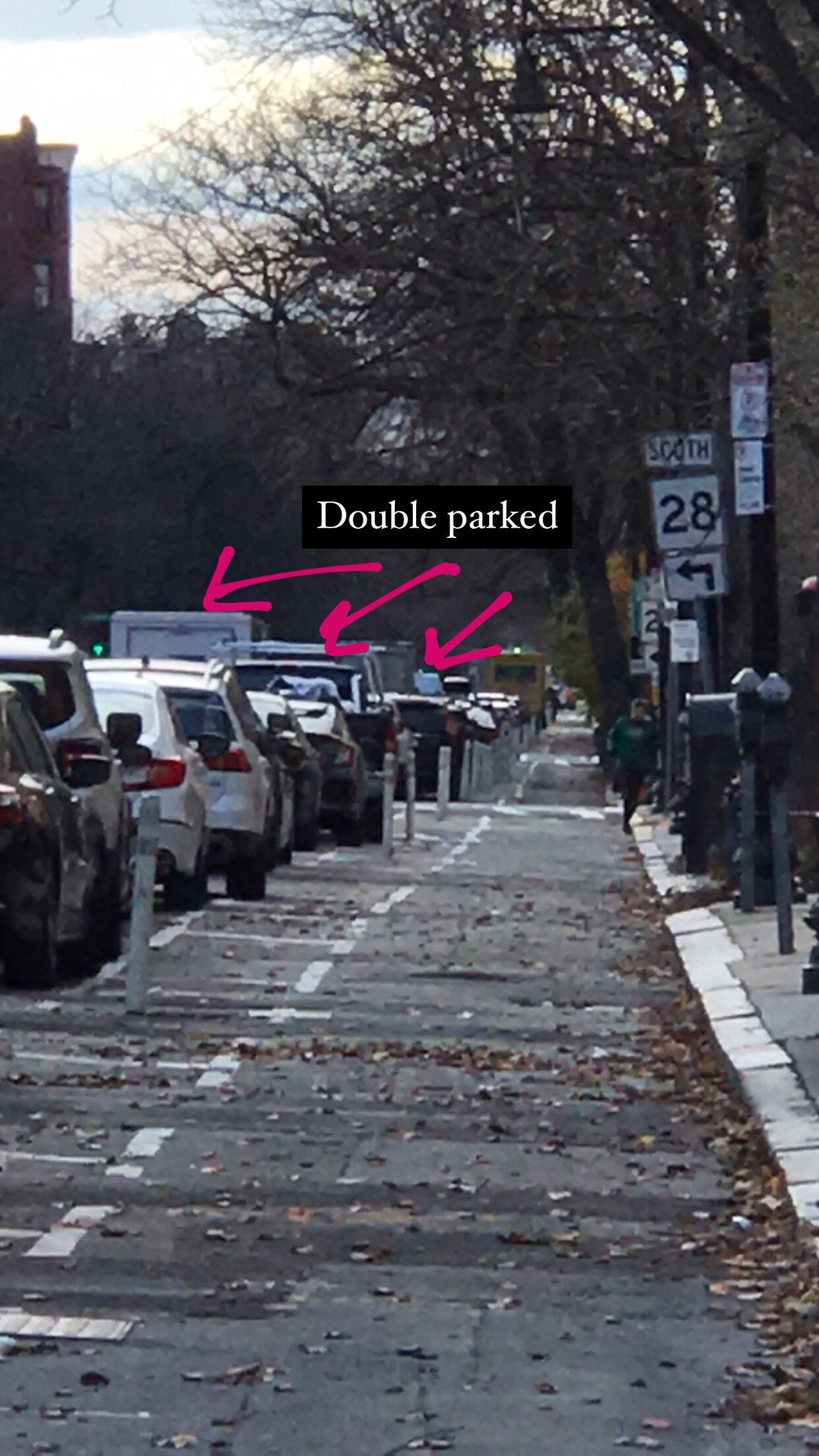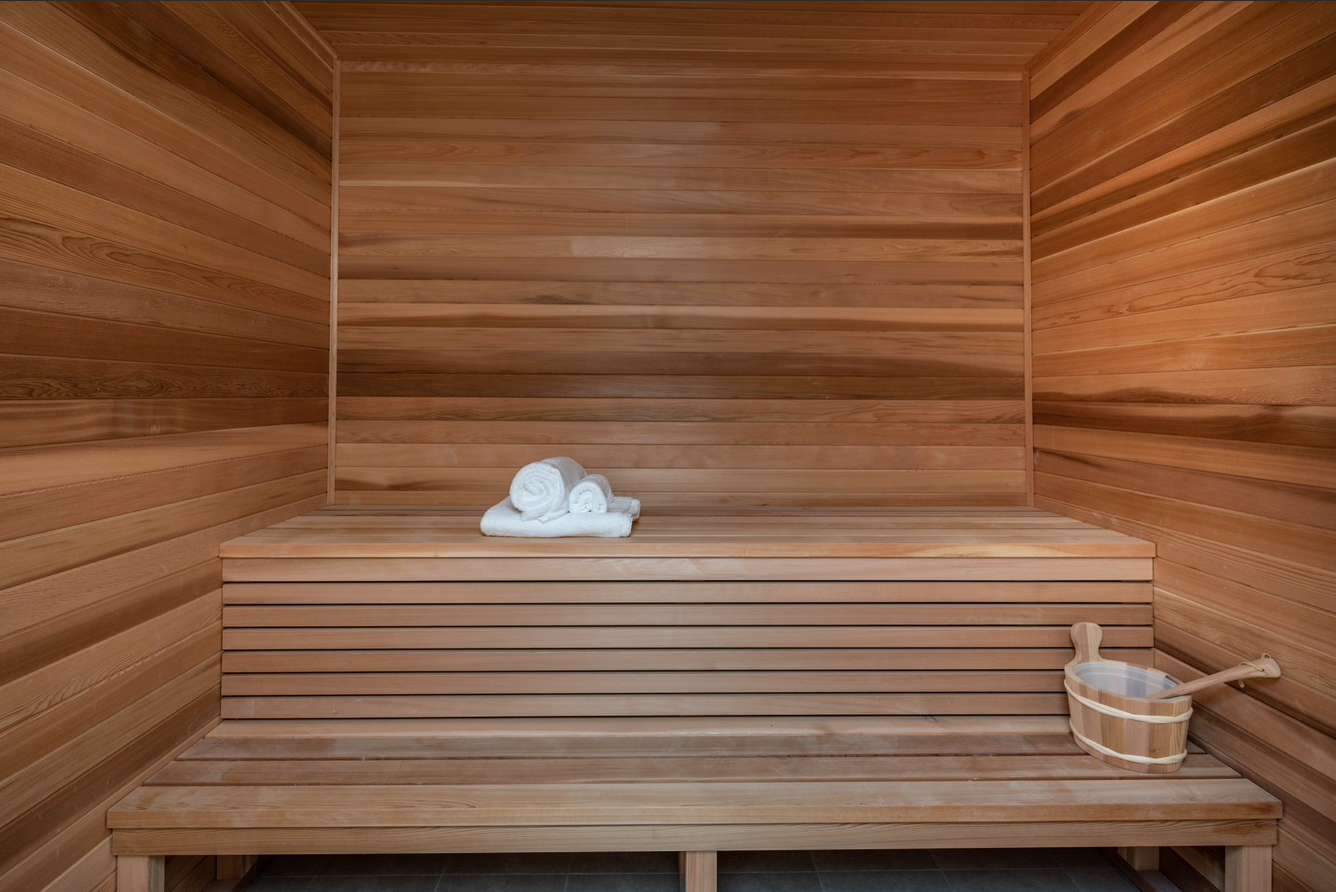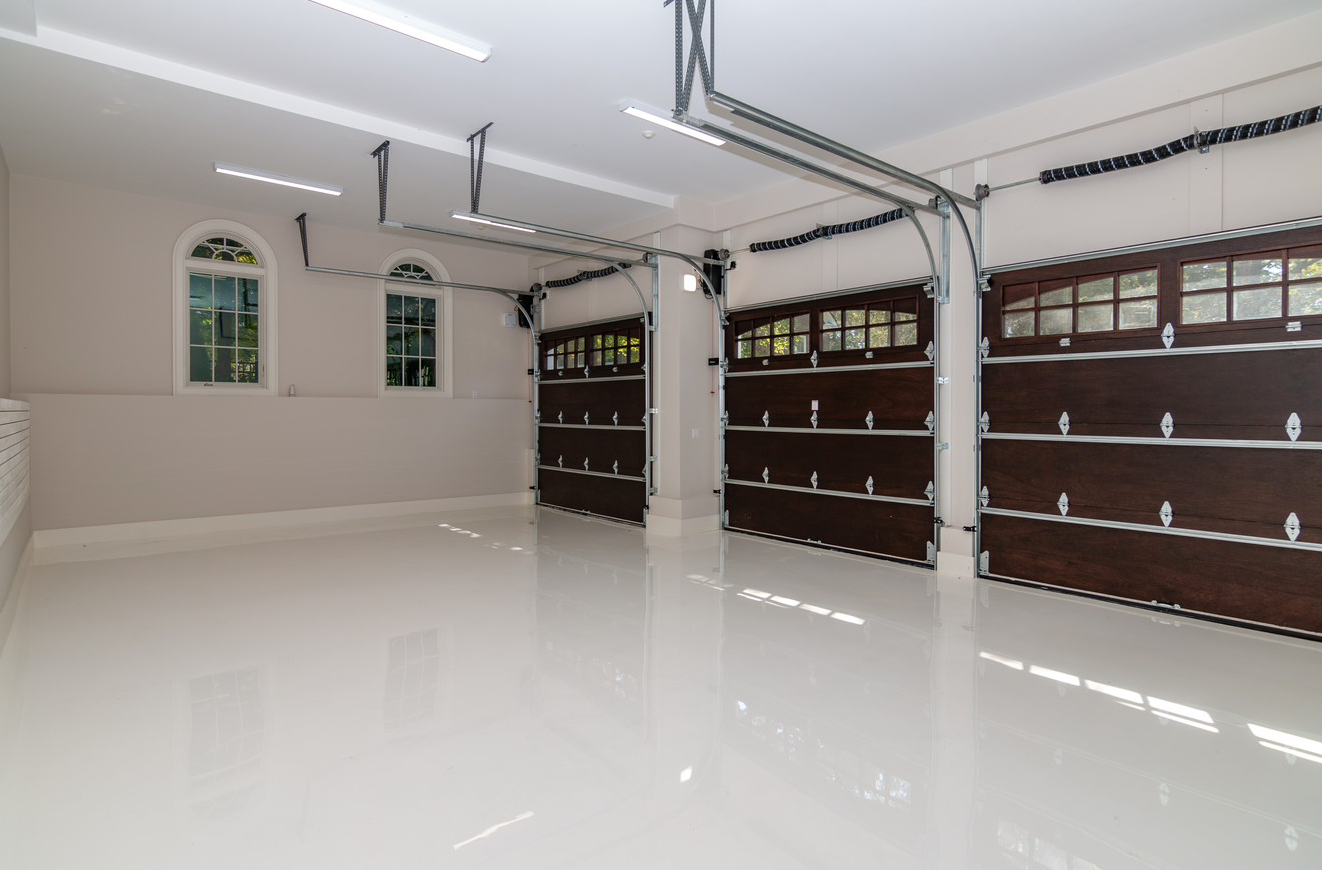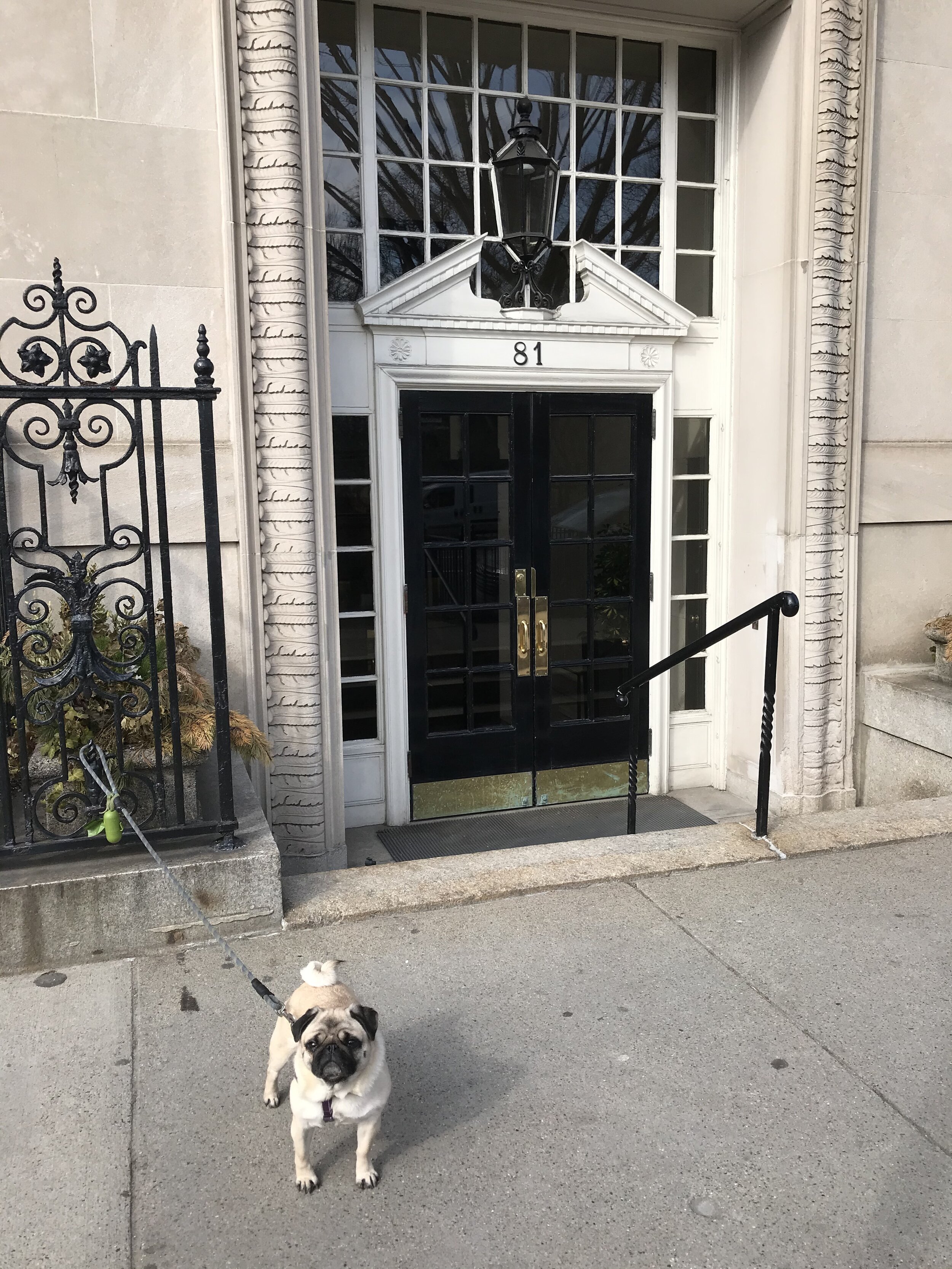Maybe you haven’t heard, but it’s been big news in the real estate community. New York City enacted a new regulation on rental broker fees. Before I break it down, let me tell you how this generally works.
The way it’s worked for years, is that when you use an agent to rent an apartment, they’re compensated by receiving a broker fee. This can be paid by the tenant, the landlord or a combination. The fee Is usually a standard in each area. Technically, it’s not a standard because that would be an anti-trust violation. But in Boston, I’ve never heard of anyone asking for anything other than one months rent. In New York City, it’s 15% of the lease term. Renting an apartment can require between zero and two agents. A landlord can list a property for rent on his or her own, or with the help of an agent. A tenant can search for an apartment on his own, or with the help of an agent. As long as an agent is involved, the fee is the same. Either one agent gets the keep the whole thing, or he has to share it with the other agent.
In competitive markets, like Boston and New York, landlords know they don’t have to pay the fee. There’s such a high demand for rentals, that tenants are willing to pay the fee. There’s no lack of tenants, rental prices aren’t dropping, landlords aren’t all of a sudden paying the fee. People like to bitch, but they’re still paying the fee. The market doesn’t lie.
But for some reason, New York City decided to enact a regulation, banning listing agents from collecting a fee from incoming tenants. Tenants can only pay the broker fee if they hire a real estate agent directly to help them find an apartment. Well, sort of. Shortly after enacting this new regulation, it was put on hold. I’m talking within days of it being announced.
While generally I’m not a fan of government intervention, especially in markets, this is something I can get behind. In my mind, this could only benefit real estate agents and landlords.
The fee isn’t going away. Realtors are still going to get paid. The only thing that would change, is who cuts the check. Right now it’s the incoming tenants. If a regulation like this goes into effect in Boston, landlords are going to pay the realtor instead. And they’ll recoup that money through the rent. Long story short, rents will go up 8.3% overnight. Tenants will end up paying for the fee for the 12 month duration of their lease.
Now it comes time to renew. No landlord is going to lower the rent. So tenants are going to essentially be paying the fee again every year. The only difference is, now the landlord gets to keep it because there wasn’t a Realtor involved.
On the other hand, tenants might say “this was nice but I might as well move since I don’t have to come up with four month’s rent to secure a new apartment.” More people moving is going to benefit real estate agents.
“But if landlords have to pay the fee, they’ll do it themselves,” you might argue. Landlords could rent apartments themselves right now for “no fee” which would make them more competitive in the market, but they don’t. In my experience, there are different types of landlords.
There are people who make a living doing this and have tens (if not hundreds) of properties. They don’t have the time to advertise, show, screen and maintain all of their properties. They need a professional to do it for them. They may not even live in the area.
Then there are corporate landlords, like Avalon and Greystar. These don’t charge a fee, and in fact often times pay an agent to bring them a client. These are generally high end, top dollar luxury apartments. These tenants are indifferent about the fee anyway. Essentially, the fee is already factored into their rent.
In Boston especially, there are a lot of foreign investors. Whether they have one or 12 properties, they don’t know anything about the market and are just using property as an investment. You wouldn’t believe how many foreign investors I’ve worked with that have never even seen their property in person. Try coordinating through WeChat with someone whose first language isn’t English and who’s 12 hours ahead. These types of landlords in particular are just trying to park cash. They’re not trying to spend any more money than they have to. As long as they’re getting any kind of positive cash flow, they’re happy.
You’ve got the bachelor who owns his place. He meets a nice girl, and she’s got a nicer condo so he moves in. He just bought it a few years ago, so it doesn’t make sense to sell. Or he’s not sure if the relationship will work out and needs something to fall back on. He never intended to be a landlord, has a full time job and just wants to get the place rented. He’s not going to do it himself.
Some landlords do rent out their own places. And a regulation like this wouldn’t affect them. They’re already listing their places on Craigslist with no fee.
All but the last type, are going to pay a Realtor. Just like any other expense, it will be factored in when determining the rent.
It’s been my experience, that a majority of people moving to a competitive rental market, never having rented before, hate real estate agents. I’ve heard us called “parasites,” “scum” and “useless.” But here we are, gainfully employed.
What I could also see potentially happening, is that agents no longer split the fee. If you’re a tenant searching for a new apartment with your own agent, you’re going to pay them the fee. If you’re a landlord listing an apartment for rent with an agent, you’re going to pay the fee. I could very easily see each agent collecting and keeping a full fee.
“But if landlords do actually start renting on their own, the agents will charge less,” you might think. I doubt it. In Boston, the fee isn’t really that much in the grand scheme of things.
You need to do a lot of deals around here to actually make money doing rentals and I don't know anyone that would consistently work for less than a month's rent, or a broker that would continue to work with an agent working for less. If you rent a place with an agent for $2000, the agent's going to take home between $1000 and $1200 before taxes and any expenses occurred. Let's say you want to make $40,000/year. That's going to be 40 rentals with an average of $2000/mo rent. Then take off 22% for taxes. So if you're doing 3.3 rentals a month for a year, you're ending up with $31,200 after taxes. Not including advertising, union, MLS or any other expenses.
Now to get those 3.3 clients, you’re going to need to reach at least 200 people, and that’s if you’re good. Probably more. And generating leads isn’t something you get paid for. You get paid for closing the deal and signing the lease.
Long story short, if tenants think they’re “winning” by getting out of paying the fee directly and agents and landlords make more money, I see it as a win-win. Tenants are happy and feel like they’re getting a better deal, agents are happy because they’re seen in a more favorable light, and landlords make more money from renewing tenants.
In the meantime, I’d be happy to collect a broker fee from anyone! If you’re looking for a rental in Boston, I’d be happy to help. I can even help you negotiate so that the landlord pays the fee! Shoot me a text or email, or give me a call. 617 528 8461, willy.charleton@nemoves.com .










































































